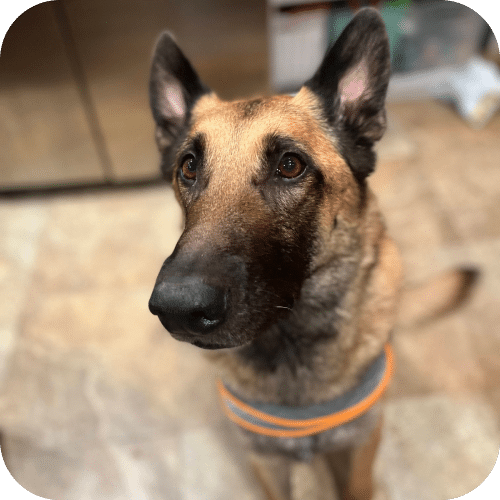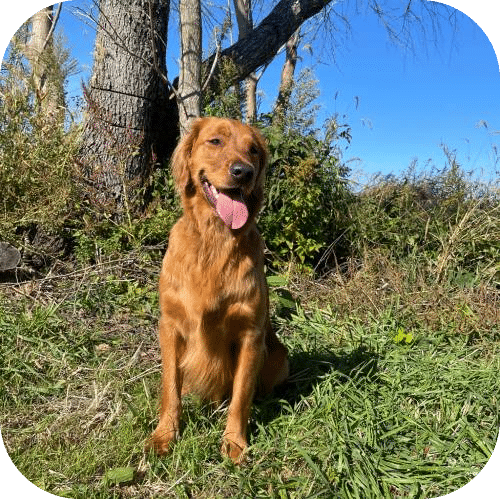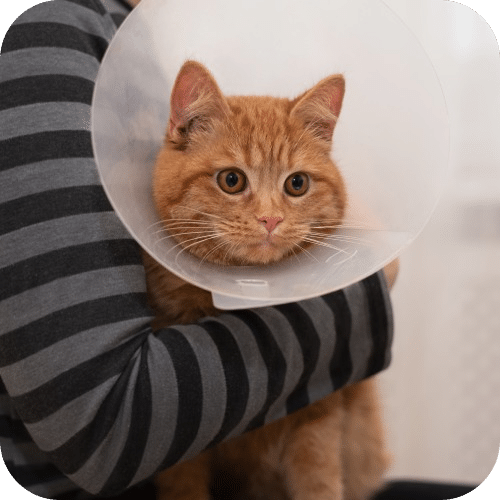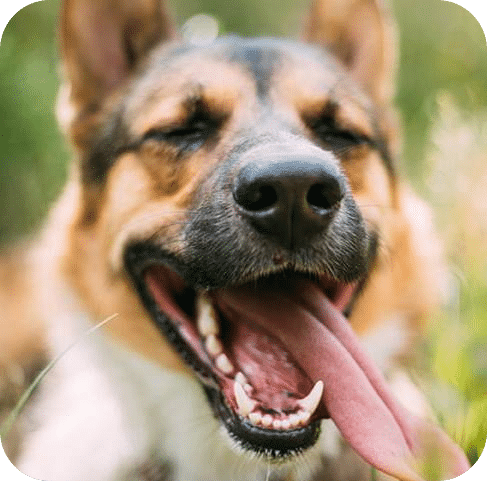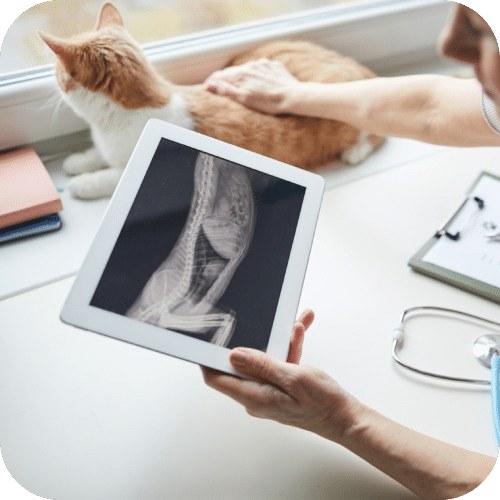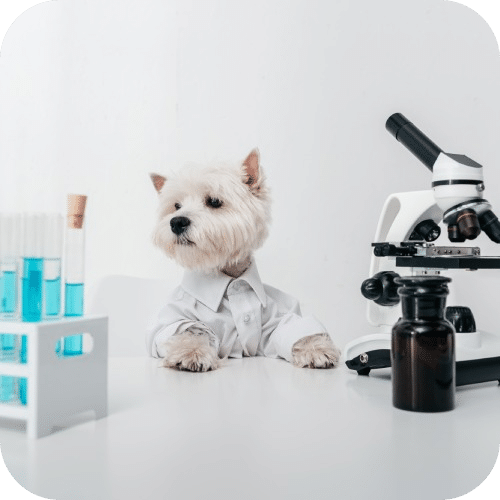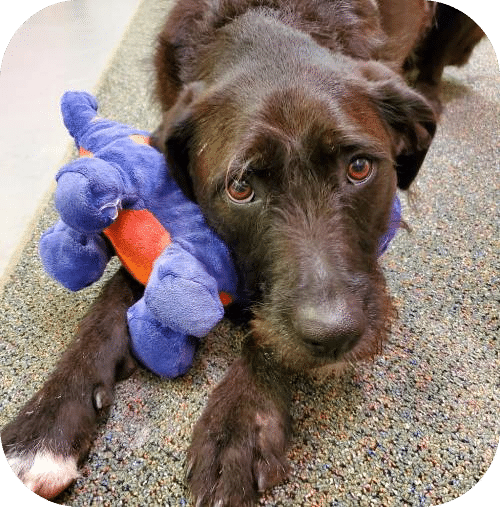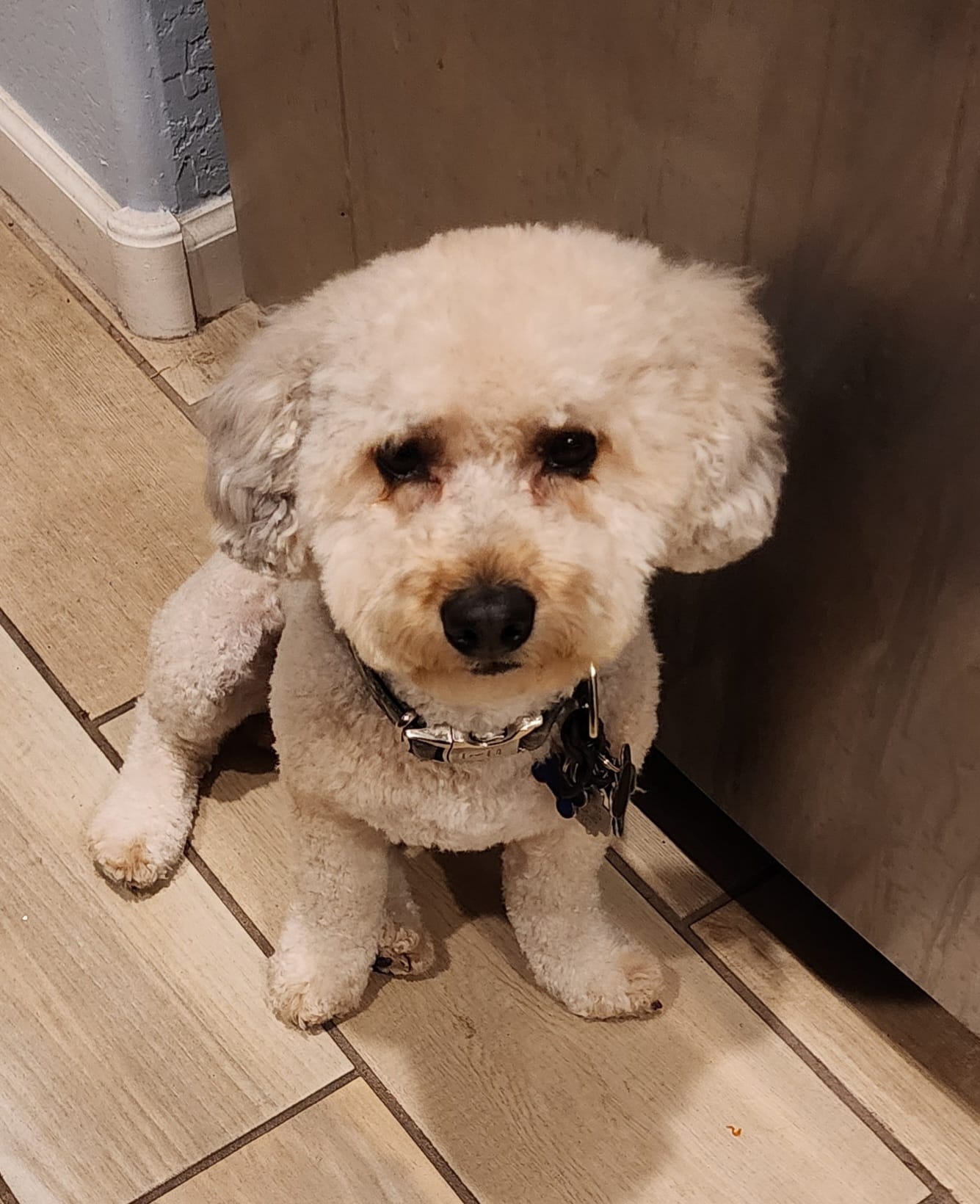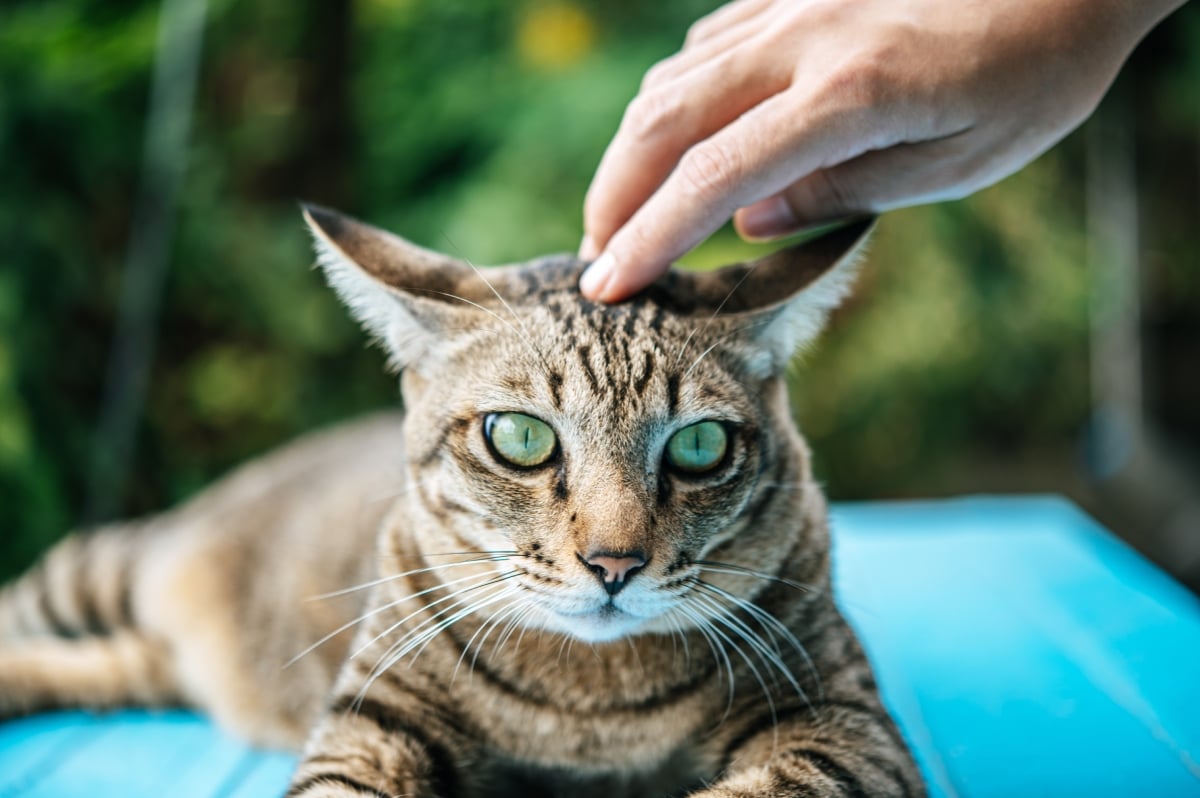Welcome to Mahomet Animal Hospital
Welcome to Mahomet Animal Hospital
In 2013, Dr. Catherine Williams took the reins of Mahomet Animal Hospital, turning this community favorite into a modern, pet-friendly haven. With a touch of magic and hard work, she revamped the place with the latest tech and a cozy, inviting atmosphere. Think of it as a fresh, new chapter where top-notch veterinary care meets that homey living room feel.
The soul of Mahomet Animal Hospital? It’s all about a down-to-earth, family vibe. We’re in the business of creating bonds that go beyond the usual visit to the veterinarian. It’s like a family get-together every time you walk in — but with more wagging tails and happy purrs. Our staff is pretty tight-knit, too, often catching up outside work, which only adds to our friendly clinic atmosphere.
To keep things relaxed and personal, we stick to an appointments-only policy. This way, we can make sure every pet gets the attention they need without any rush. So, go ahead and set up a time to visit — we’re excited to welcome you and your furry family member into our Mahomet Animal Hospital circle!
Low-Stress Handling Certified
Low-Stress Handling Certified
We’re incredibly proud that all our staff are certified in Low-Stress Handling! This certification isn’t just training; it’s our way of ensuring every visit to the veterinarian means less stress and more tail-wagging. It’s all about enhancing their experience and boosting the care we offer.
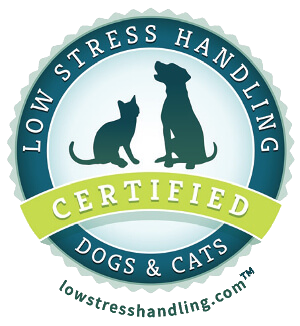
Holistic Healing with Acupuncture
Holistic Healing with Acupuncture
Enter Dr. Hadley, our resident acupuncture maestro! Merging this ancient practice with modern pet care, she’s like a wellness wizard for your pets. Her holistic touch is unique, whether easing aches, boosting mobility, or just upping the feel-good factor. Curious about this magic? Hop over to our Pet Acupuncture page, where we reveal the secrets of needle-powered pet happiness.
Ready to Join Our Family?
Ready to Join Our Family?
Your furry family member deserves nothing but the best, and that’s what we deliver at Mahomet Animal Hospital. More than just your neighborhood veterinarian or a “vet near you,” we’re the folks who treat you like family.
Ready for an experience that delivers cozy cuddles in addition to clinical care? Book an appointment today, and let us show you the difference at Mahomet Animal Hospital.



